Roof Types for Humid Weather in Texas: Choosing the Right Fit
•
Written By
Punum Roofing of Houston, Inc.

Clay and Concrete Tiles
Clay and concrete tiles are excellent choices for humid regions like Texas. These materials are naturally resistant to moisture, mold, and mildew, making them a durable option for our humid climate. Additionally, their heavyweight and interlocking design provide superior protection against high winds and severe storms, which are common in the Gulf Coast area. Clay and concrete tiles are also known for their longevity, with proper installation and maintenance, they can last for decades, making them a cost-effective investment for Texas homeowners.
.jpg)
Metal Roofing
Metal roofing is another top contender for humid weather conditions. Its non-porous surface prevents moisture absorption, minimizing the risk of mold and rot. Metal roofs are also highly reflective, helping to reduce cooling costs during hot, humid summers. With proper installation and maintenance, metal roofs can last for decades, making them a cost-effective investment for Texas homeowners. Additionally, metal roofs are lightweight, fire-resistant, and can withstand high winds, making them an ideal choice for the harsh Texas climate.
Modified Bitumen Roofing
Modified bitumen roofing is a popular choice for commercial and flat-roof applications in humid climates. This roofing system consists of a base layer of asphalt and a reinforced top layer, providing excellent waterproofing and resistance to moisture. Modified bitumen roofs are also highly durable, able to withstand the harsh Texas sun and extreme weather conditions. They are a cost-effective option for flat or low-slope roofs and can be installed quickly, minimizing disruption to your daily routine.
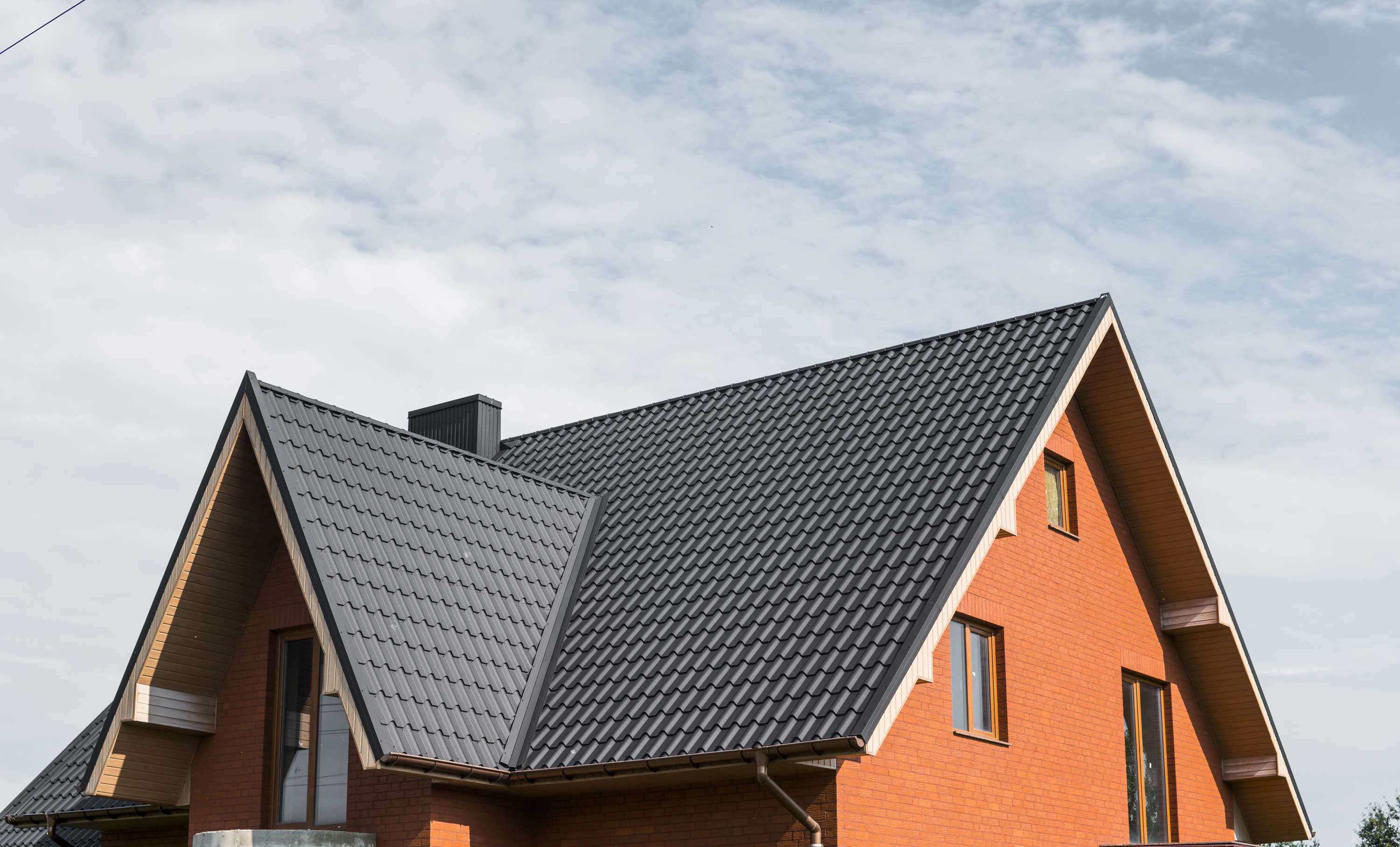
Proper Ventilation and Underlayment
Regardless of the roofing material you choose, proper ventilation and underlayment are crucial for preventing moisture buildup and extending the life of your roof. At Punum Roofing of Houston, Inc., we recommend installing ridge vents, soffit vents, and high-quality underlayment to ensure optimal airflow and moisture control. Our experienced professionals can assess your home's unique needs and provide tailored recommendations for the best ventilation and underlayment solutions.
With our expertise and commitment to customer education, we can guide you through the process of selecting the best roof type for your home in the humid Texas climate. Contact us today to schedule an inspection and receive a personalized recommendation tailored to your specific needs and budget.
Recent Articles
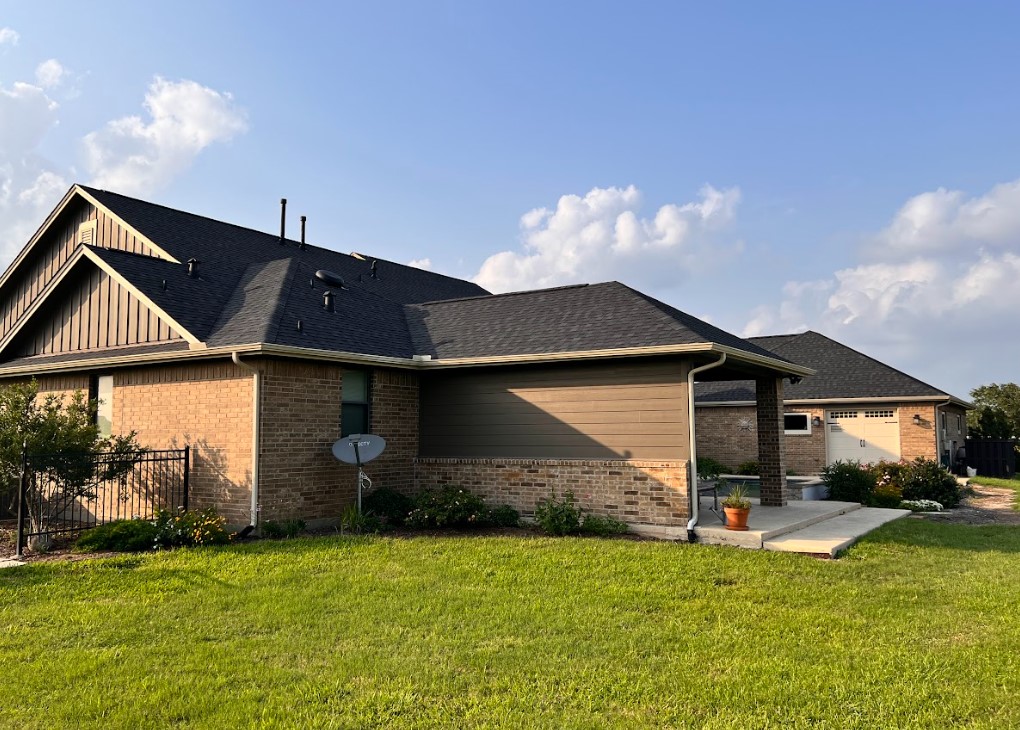
Residential Roofing
Houston Heat & Humidity: How Your Roof Handles Moisture Before You Ever See a Leak
A good roofing system is built to manage moisture long before panic sets in. It sheds rain, releases trapped vapor, and protects the structure from slow, sneaky damage.
February 11, 2026
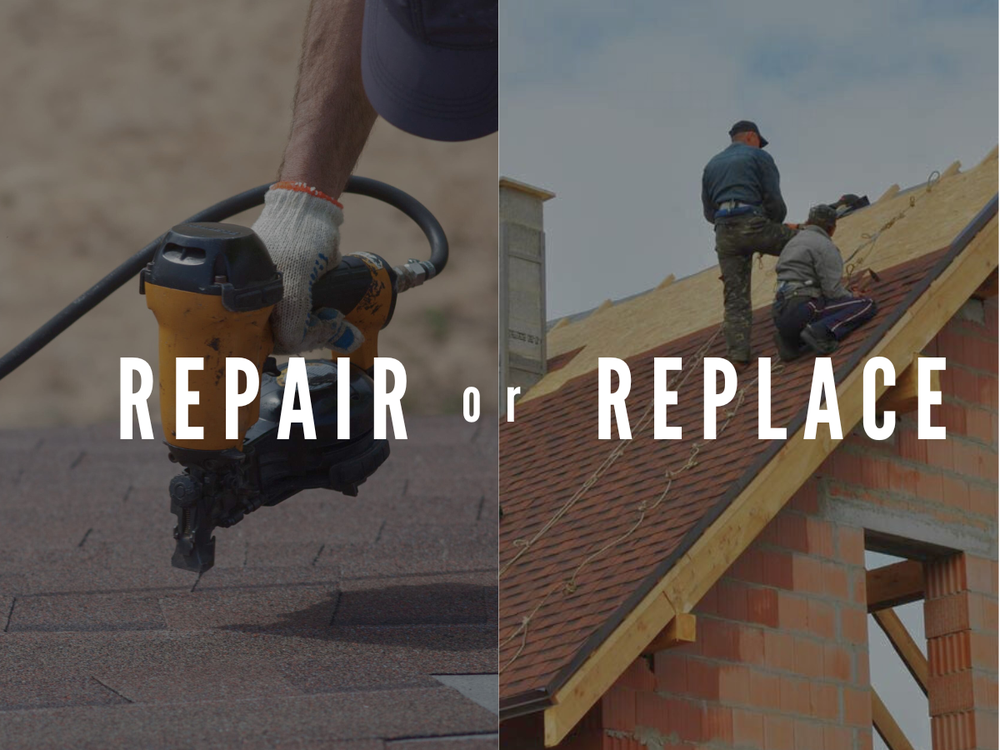
Roof Repairs vs. Full Replacement: How to Make the Smart Call in Houston’s Climate
Repair or replace your roof? Learn how Houston’s heat, storms, and humidity impact lifespan, costs, and when replacement becomes the smarter long-term choice.
February 4, 2026
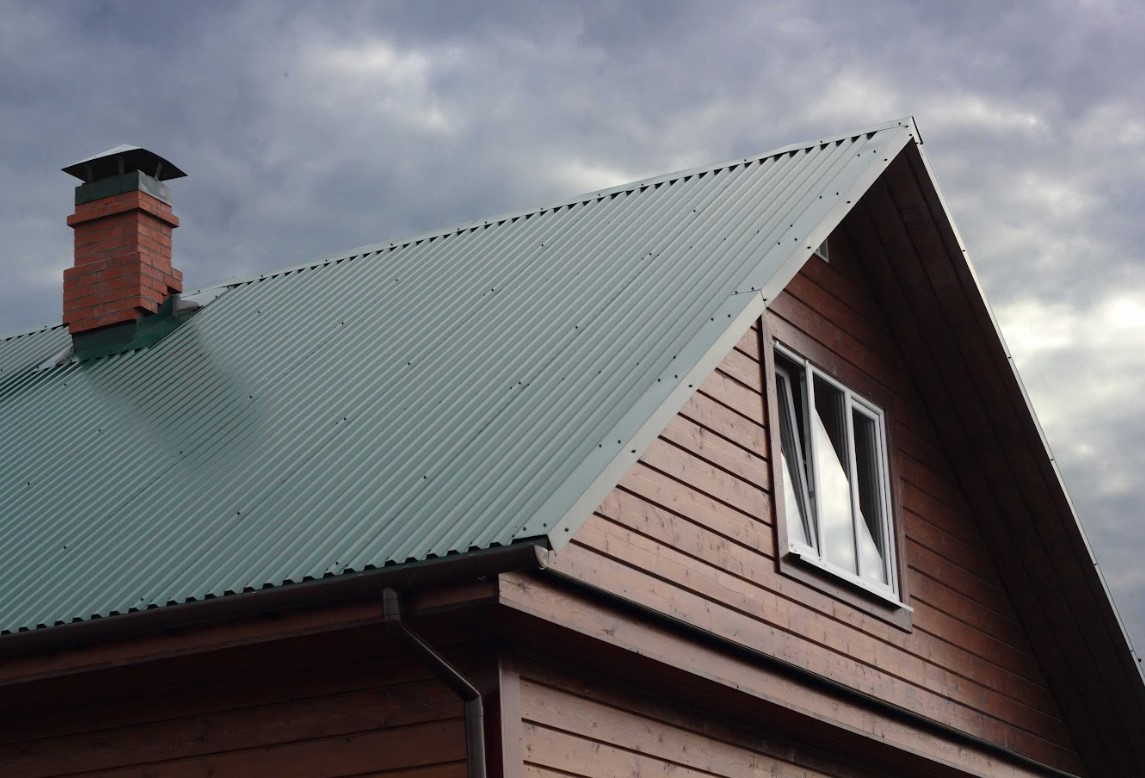
Residential Roofing
Metal Roof Myths Busted: The Truth About Noise, Cost, and Durability
Homeowners across Houston are quietly installing metal roof systems that handle brutal sun, sideways rain, and temperature swings without blinking.
February 2, 2026
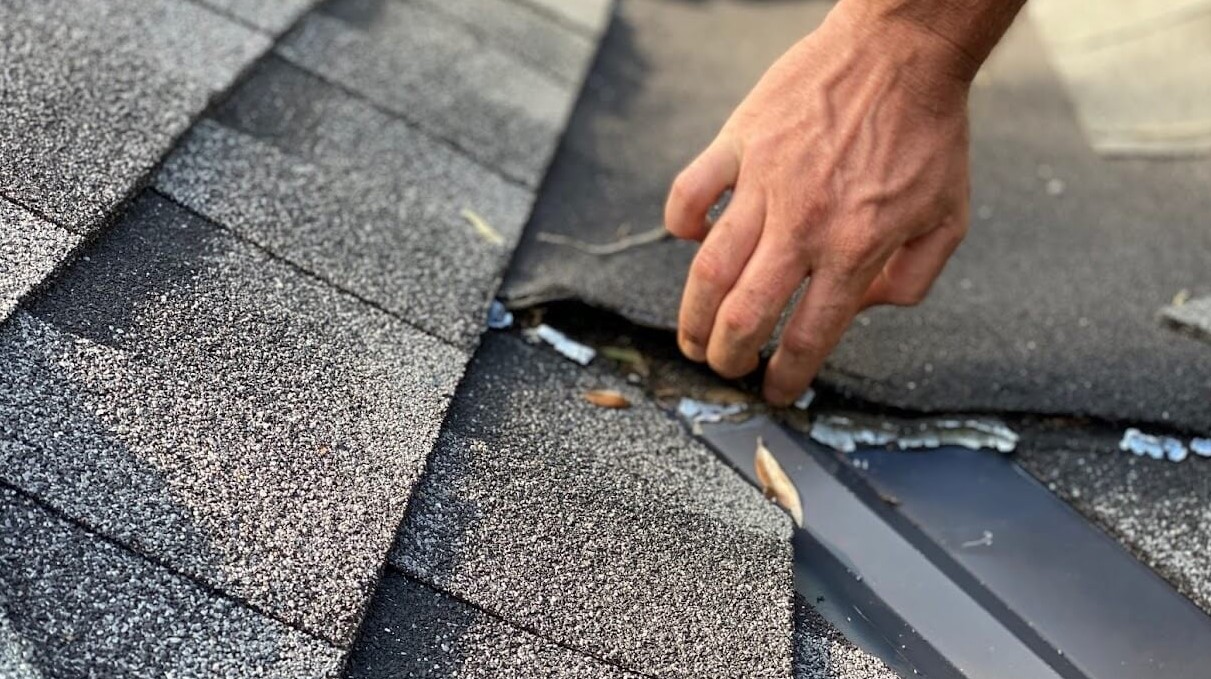
Residential Roofing
Spring Storm Season Is Coming: Is Your Roof Ready for Houston’s Weather Swings?
Spring along the Gulf Coast has a personality all its own. Small winter damage becomes big spring leaks and a quick roof inspection today costs far less than emergency repairs tomorrow.
February 1, 2026

